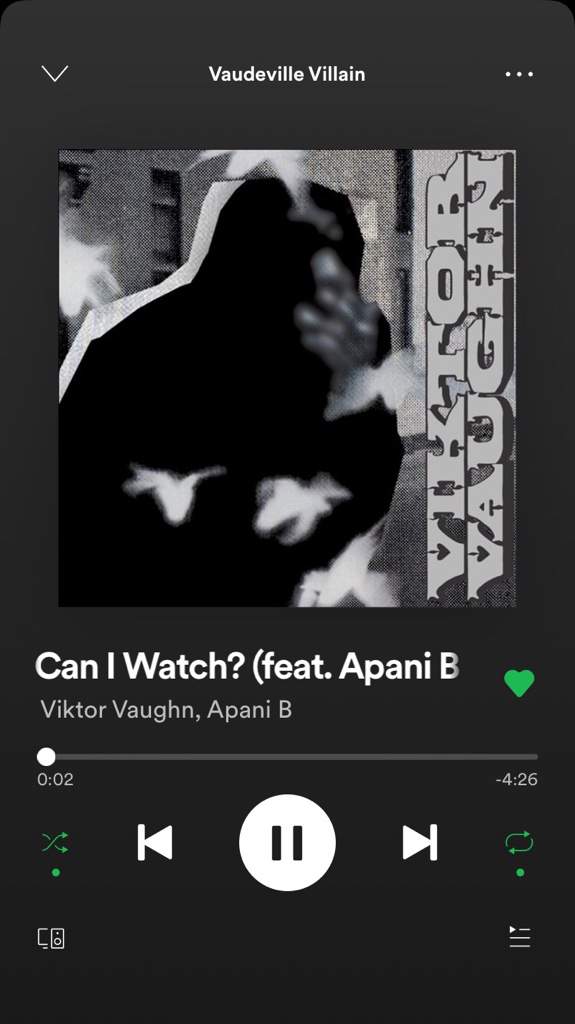

My work explores how electronic dance music employs “postmodern” technologies in the service of Enlightenment discourses (such as its tendency to cast itself as the universal language of the Information Age or its Cartesian delineation of the music listening audience into those that ‘feed the head’ and those that serve the hedonist flesh). In addition to considering the positive aspects of digitally-crafted music, this project demystifies the utopian rhetoric emanating from dance music aficionados/promoters/producers.



By tuning into the contentious dialogues between the makers, shapers, and buyers of computerized dance music, I hope to illustrate the multifarious cultural functions a mass-produced sonic commodity can have. To grasp the possibilities and problematics of digitally-created pop music, I will draw upon a multiplicity of discourses generated by electronic musicians, disc jockeys (DJs), remixers, producers, club/rave promoters, techno/house fans, club-goers, ravers, popular music historians, cultural critics, music industry insiders, dance press, multinational major labels, independent imprints, and regional retailers. This dissertation examines electronic dance music: its transnational production and dissemination, its techno-universalist rhetoric, its racial and sexual politics, its Eurocentric mythologies and liberal humanist ideologies.


 0 kommentar(er)
0 kommentar(er)
